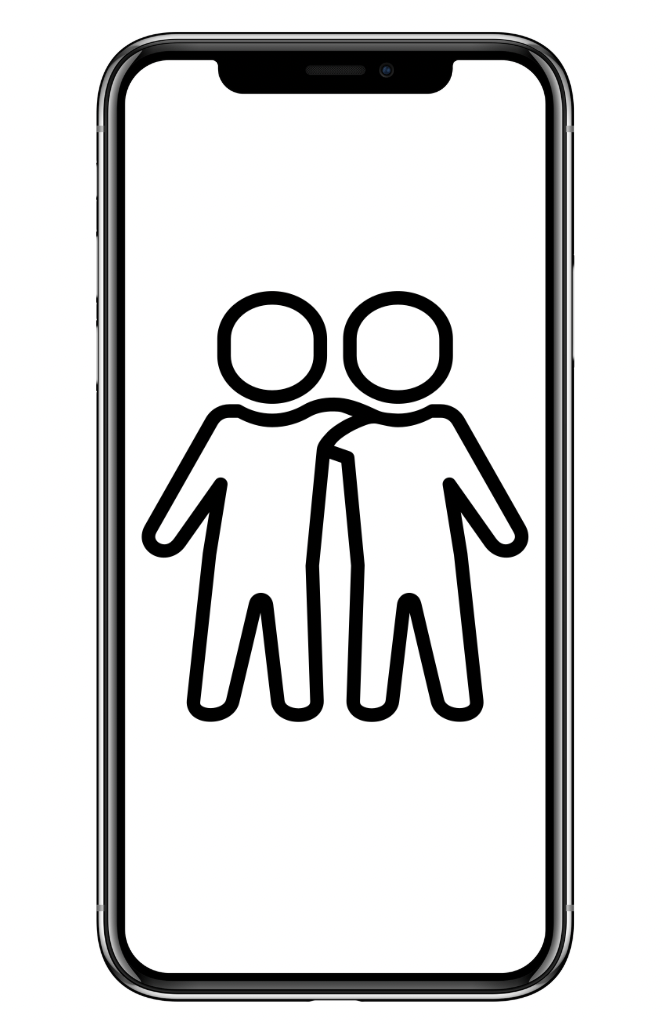Redefining what it means to be a “real man”
Photo courtesy of Getty Images
Kevin Love, center for the Cleveland Cavaliers, speaks out about mental health and how it is okay for men to show emotion.
April 14, 2018
“People don’t talk about mental health enough. And men and boys are probably the farthest behind,” Kevin Love, center for Cleveland Cavaliers, once said.
For some reason, I never expected a professional basketball star like Kevin Love to struggle with “real” problems such as mental health. Furthermore, I never expected anyone like him to open up about it so publicly.
But why didn’t I? Why was it abnormal to see a grown, male athlete speak up about something so common?
On March 6, The Players’ Tribune published an article called “Everyone Is Going Through Something,” written by the one and only Kevin Love.
In this article, Love talks about a panic attack he experienced during a basketball game. It sounds insignificant, I know. But it was so much more than that, and Love makes that clear.
“I’d thought the hardest part was over after I had the panic attack,” Love wrote. “It was the opposite. Now I was left wondering why it happened — and why I didn’t want to talk about it.”
And as I was reading it, I realized that I was the reason he didn’t want to talk about it.
No, it wasn’t me specifically, but people like me that fall into the old-fashioned mindset that men can’t be vulnerable– that we shouldn’t see their emotions.
According to the American Foundation for Suicide Prevention, men die from suicide 3.53 times more often than women do and that “the rate of suicide is highest in middle age — white men in particular.”
But why? Is the societal pressure for men to hide their problems too much to handle? Do men find it more challenging to get help? Do they realize their emotions too late?
Forbes analyzed a 2012 study that decided that men in lower socioeconomic groups are more likely to commit suicide. And that “losing a job may still make men feel like a ‘double failure’, since they are unable to meet two central demands of the masculine role: being employed; and ‘providing’ for the family.”
“Masculine role”. That’s the term that needs to be redefined.
Of course, we see similar societal standards in multiple areas.
Women actually have higher reported rates of mental health illnesses than men. And some of those cases could be caused by the same feeling of failure to fit the mold, whether it be employment status, body image, etc. So, it’s not just men that deal with this.
But for some reason, we never talk about their side of it.
As Love pointed out in his article, males aren’t supposed to shed a tear or even just be sad. Their problems are invisible. Because they’re supposed to, you know, “be a man.”
And apparently, masculinity is taken out of the equation when a man shows any sign of emotion.
I have met and grown close to boys my age around the country, and I’ve heard the same things over and over again: they won’t cry when their girlfriend breaks up with them because they “don’t want to look like a baby.” They won’t talk about their feelings with their friends because they are afraid of being laughed at.
And I don’t blame them. Boys are supposed to be “strong”. Pain is a foreign concept.
So, here comes Love, the epitome of a man– tall, athletic, wealthy, and yet, he sees a therapist.
Being honest with ourselves and our emotions is being strong. Men and women shouldn’t have to pretend to be invincible to be taken seriously. Feelings don’t detract from rationality, they are rational– they’re real and natural. Feelings are one thing that all humans have in common.
I’m no sociologist or psychiatrist, so I’m not going to pretend to have a world-changing solution to the suicide epidemic or mental illnesses.
But I will say thank you to Kevin Love because I think he, and others like him, are the beginning of a new understanding of our own flawed views of each other and ourselves.
Our struggles don’t define us. However, I believe our character shows when we choose to listen to the problems of others, regardless of their gender, economic status, age, or any other differing demographic.
The bottom line is, like Love said, everyone is going through something. It’s ok to acknowledge our own problems. Speaking to someone about it is healthy.
And as they listen to us, we will be ready to hear them.











